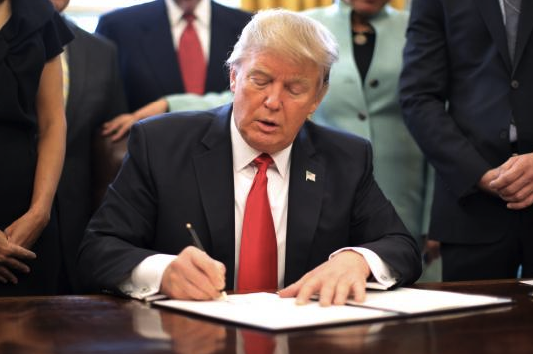It’s Not Easy Making An Egg Out of An Omelet
Posted on March 28, 2019

According to the Roman calendar, the Ides of March was the ancient empire’s traditional day to settle debts. In 44 B.C., Brutus and Cassius, two of Rome’s elite senators, settled a political debt with Julius Caesar, their leader, by stabbing him to death in the Senate on the Ides, or March 15.
Little blood is spilled on democracy’s great debating floors today. Still, political careers do die on them regularly. An unwise alliance here, a loose tongue there and, thud, another public career is as dead as, well, Caesar.
That thud might soon ring in Great Britain’s House of Commons, says Roger Cohen, an astute observer of British politics. It will be, predicts Cohen, who grew up in England, the sound of Prime Minister Theresa May’s career hitting rock bottom this month as she retreats—asks for an extension—to the March 29 deadline for the UK to leave, or “Brexit,” the European Union.
But that doesn’t mean Brexit will die, suspects Cohen in his March 2 New York Times column. “Anything is possible,” he says, because Britain’s politics, like America’s, now operate from either the left or the right, not the center where leaders once met to arbitrate policy. That middle ground is now career quicksand.
The bilateral comparison isn’t perfect, but May’s loyalty to her political right and its anti-EU push has parallels in the United States and to President Donald J. Trump’s devotion to the right wing of his political party.
For example, both May and Trump preside over deeply divided governments. Both use nationalism to recharge their power if it begins to fade. And while both nations are deeply embedded in the global economy, each believes they can stand alone—get better “deals”—in contentious issues like trade and nuclear weapons.
After three years of Brexit maneuvering and two years of unpredictable Trumpism, however, two realities are beginning to surface with the political left, right, and center in each nation. First, going it alone may not be achievable and, second, it’s probably not what either nation needs anyway.
That means, Cohen surmises, recent seat-of-the-pants policymaking by novices and neo-whatevers needs to yield to people who have the knowledge and experience to bridge today’s growing gaps in trade, finance, and diplomacy.
Few know this better than U.S. farmers and ranchers who have held their collective tongue while the White House used the last two years “to level the playing field” in multilateral trade, explains the Global Trade and Analysis Project (GTAP) at Purdue University.
Those trade tactics, however, says the Purdue group, have done more burying than leveling. The White House’s first move, pulling out of the almost-done Trans-Pacific Partnership, now “reduces agricultural and food exports by $1.8 billion a year.”
Worse, “If the current U.S. trade policy were to continue toward protectionism,” GTAP surmises, “U.S. agricultural exports would drop by $21.8 billion… (which) would result in an aggregate welfare loss of $42.5 billion to the U.S. economy…”
Keep in mind that this forecast didn’t originate with some Trump-scorned news network or liberal think tank. It’s the analysis of trade experts at Purdue University, the intellectual home to American agriculture’s patron saint of free markets, Earl “Fencerow” Butz.
“What does all this mean?” GTAP asks in its final analysis.
“It suggests that U.S. agriculture is entering a volatile period in international trade. The data suggests the sector currently risks losing much of the trade achieved over the past three decades.”
Times’ columnist Cohen expresses the same thought differently; he quotes Pascal Lamy, the former head of the World Trade Organization who, when asked to comment on whether Brexit would succeed, wryly noted, “It’s not easy making an egg out of an omelet.”
No, it’s not. But that doesn’t mean this White House—or Ms. May—won’t continue to try.
© 2019 ag comm
Share This